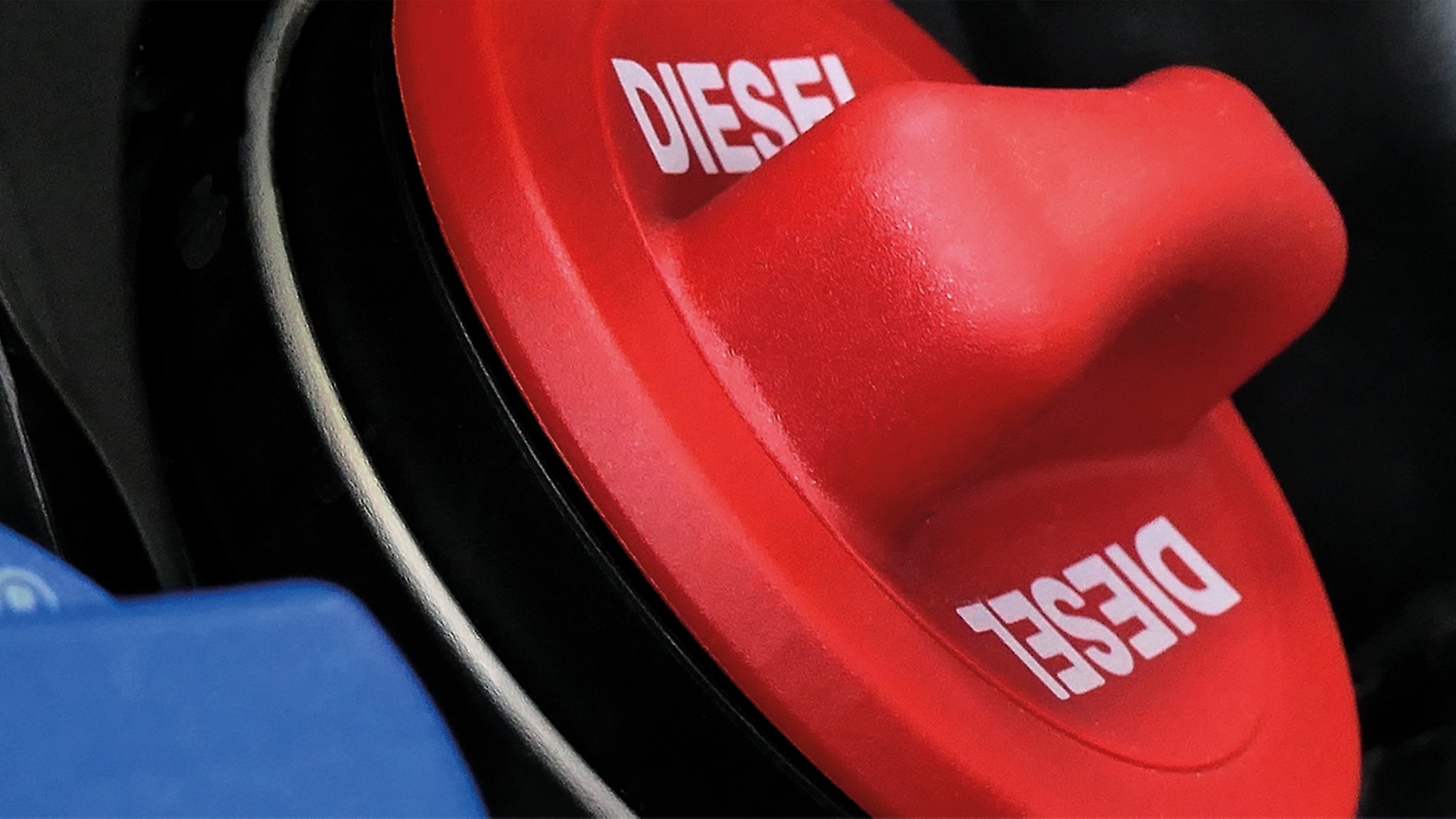Why is the BGH’s ruling important for us?
As is well known, thousands of customers are asserting claims against Daimler in diesel-related cases in Germany. These actions are very often conducted by law firms that focus on mass diesel-related legal proceedings as a business model.
The thermal window plays a key role in these law firms’ case in court because, as is well known, temperature-dependent exhaust gas recirculation control is used in many diesel vehicles by a variety of manufacturers. The law firms almost always point to the thermal window in order to prove an allegedly impermissible defeat device in the vehicles’ engine control systems and use this by itself to justify damage claims on the basis of unconscionability.
With its ruling, the BGH has now deprived this argument of its basis.
Why did the BGH refer the suit back to the OLG Köln (Cologne Higher Regional Court)?
The BGH has referred this case back to the OLG Köln because it is of the opinion that the higher regional court made a procedural error. According to the BGH, the OLG’s ruling failed to take into account the claim made by the plaintiff’s law firm that the KBA had been provided with insufficient information. Daimler has not yet been able to reply to this claim and the OLG must now give it the opportunity to do so. However, a variety of higher regional courts have already rejected this claim because the thermal window as implemented is an industry standard. We are confident that the claim will once again be rejected when the OLG Köln takes up the matter again and we have had the opportunity to present our arguments.
What is the situation regarding diesel-related customer legal proceedings throughout Germany?
In this matter, the BGH confirms most of the rulings made by regional (LG) and higher regional courts (OLG), where around 95 percent of the cases were decided in favor of our company.
Whats next now?
We expect the BGH’s ruling to serve as a precedent for thousands of other legal proceedings in Germany. It remains to be seen what position the BGH will take in other legal proceedings. Our position on the subject remains unchanged: We consider the claims to be unfounded and will defend ourselves against the allegations.
,xPosition=0,yPosition=0.5)
,xPosition=0.5,yPosition=0)
,xPosition=0.5,yPosition=0)